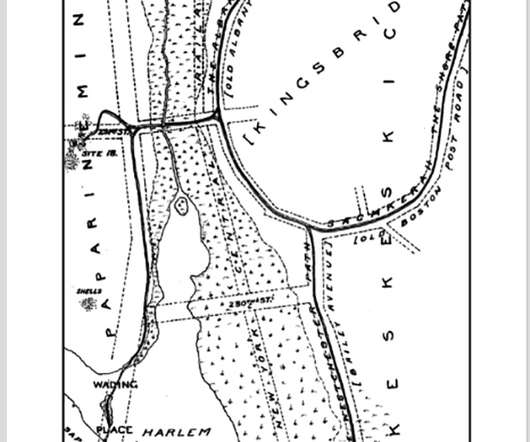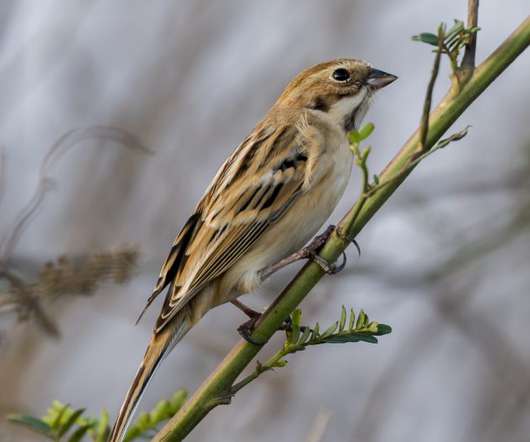U.S. Fish and Wildlife Service Proposes 2015 Expansion of Hunting and Fishing Opportunities on National Wildlife Refuges
10,000 Birds
JUNE 17, 2015
Fish and Wildlife Service Director Dan Ashe today announced as part of Great Outdoors Month the agency is proposing to expand fishing and hunting opportunities on 21 refuges throughout the National Wildlife Refuge System. The Service is committed to strengthening and expanding hunting and fishing opportunities,” said Ashe. “The












Let's personalize your content